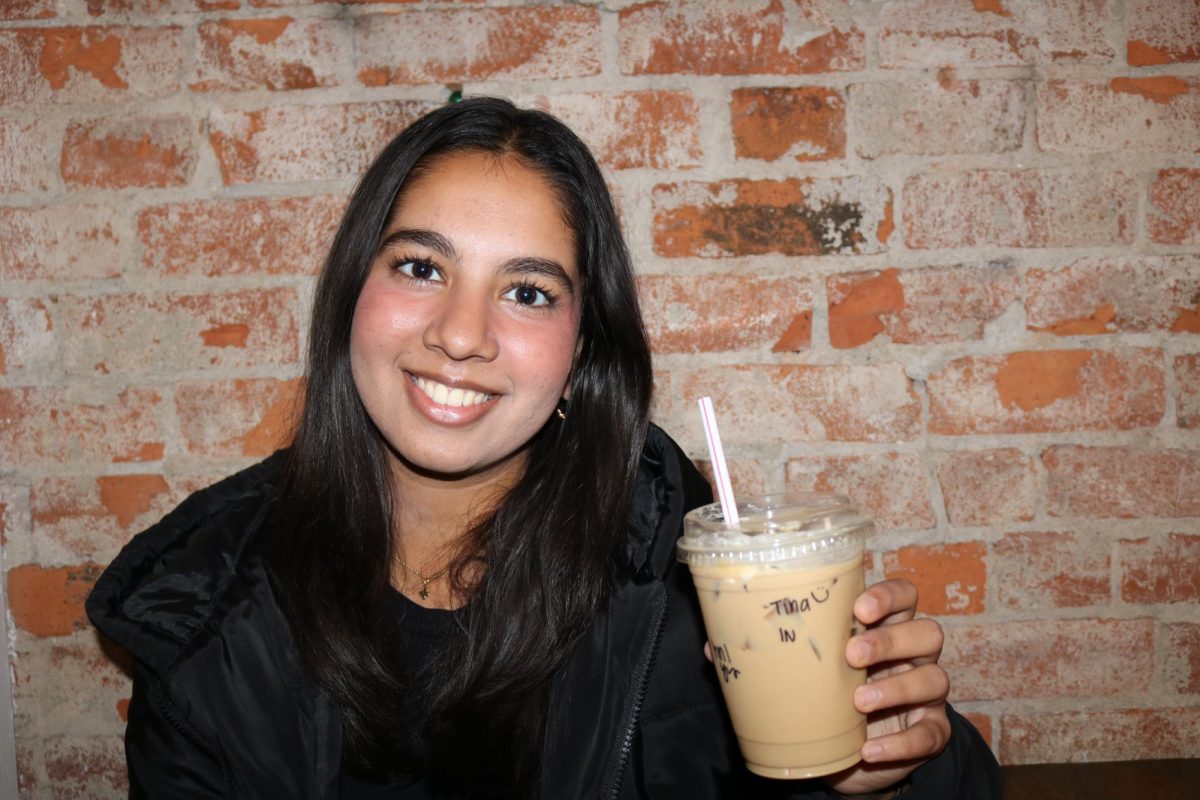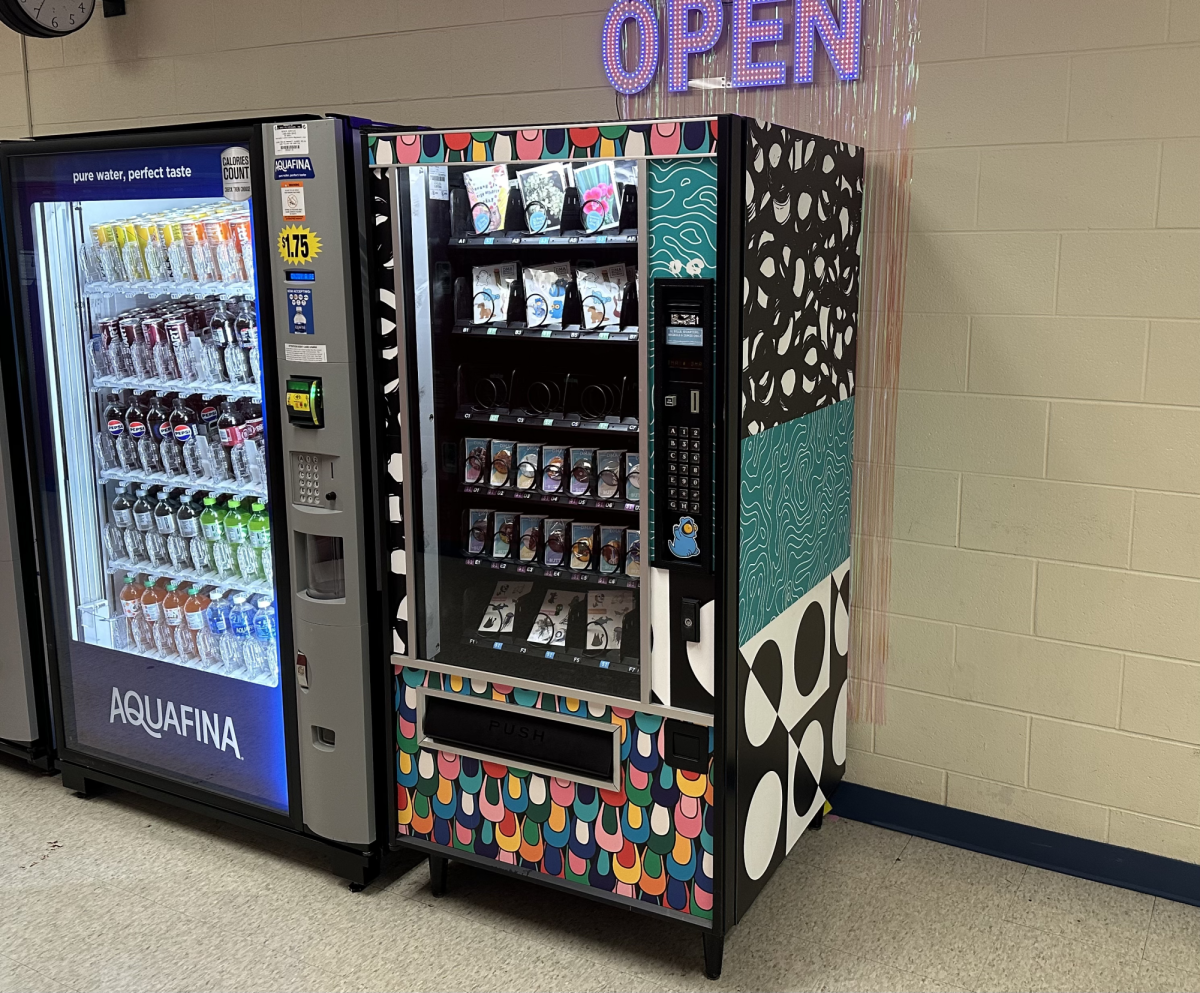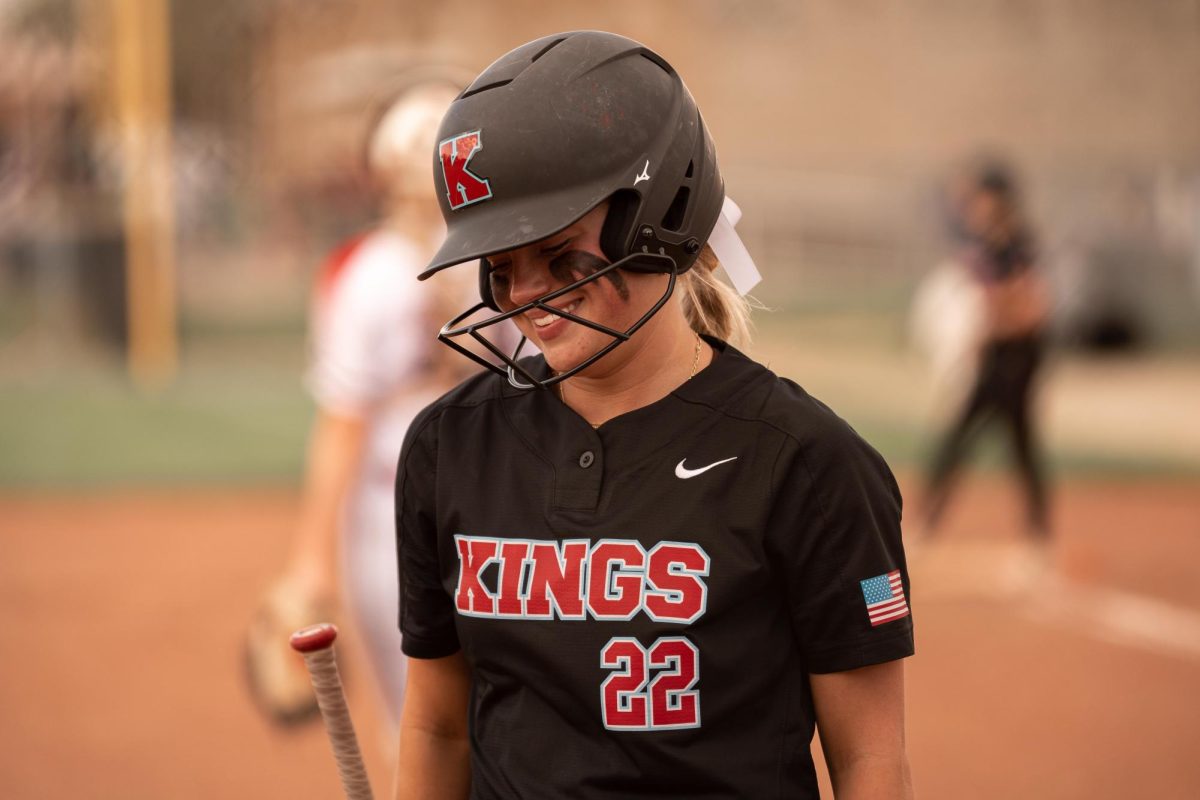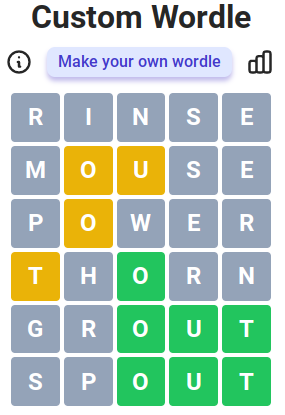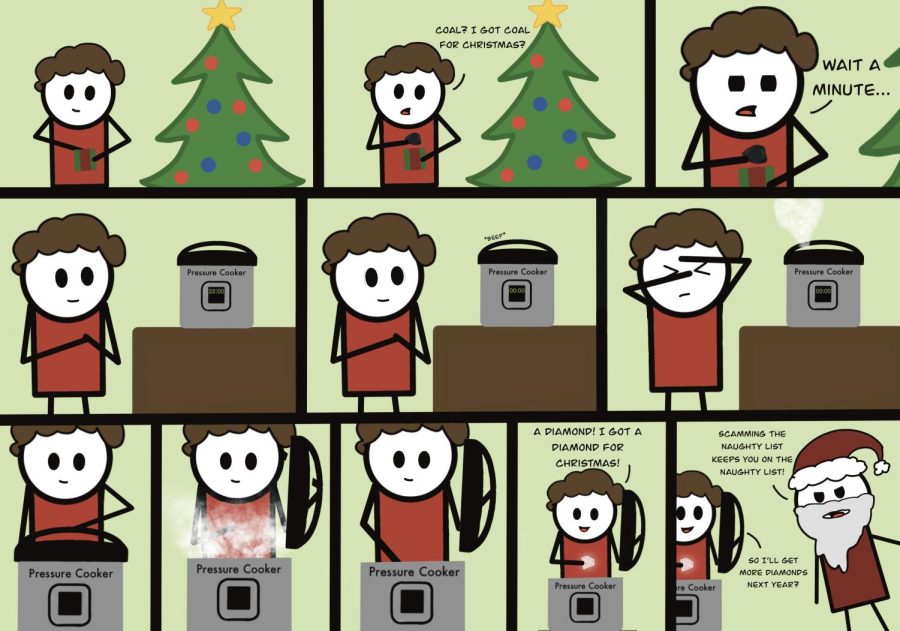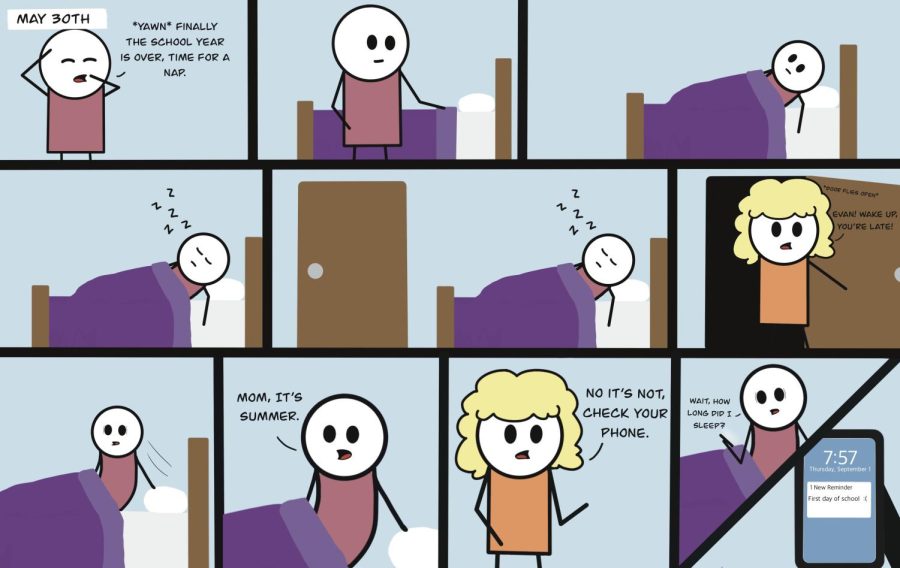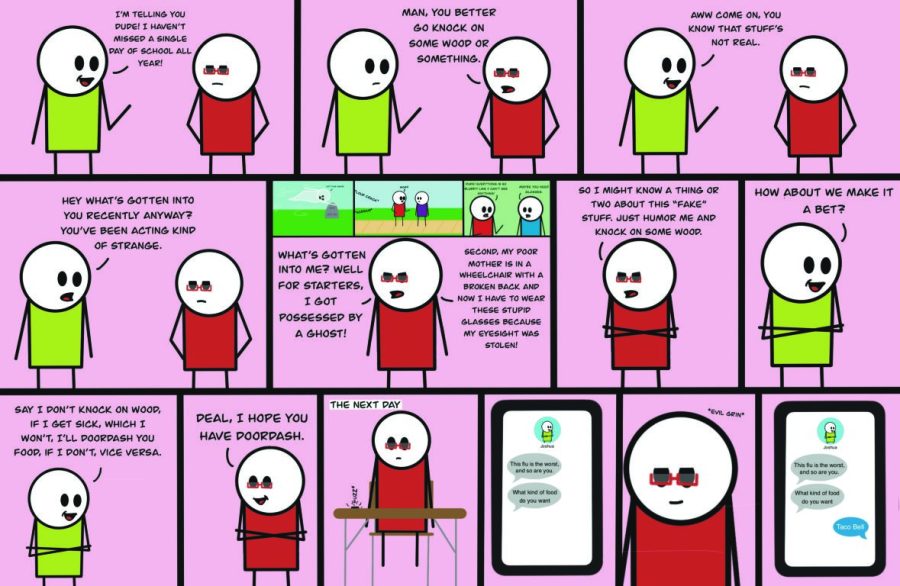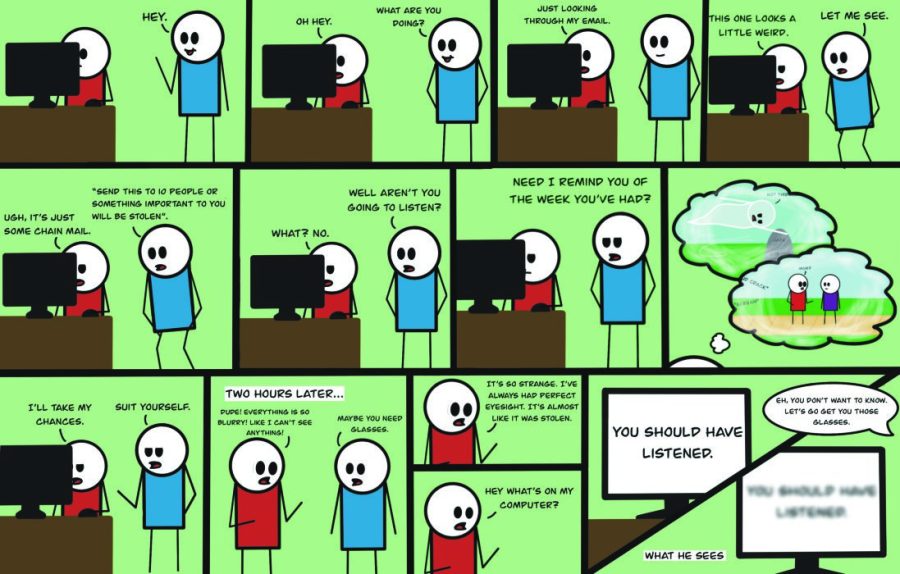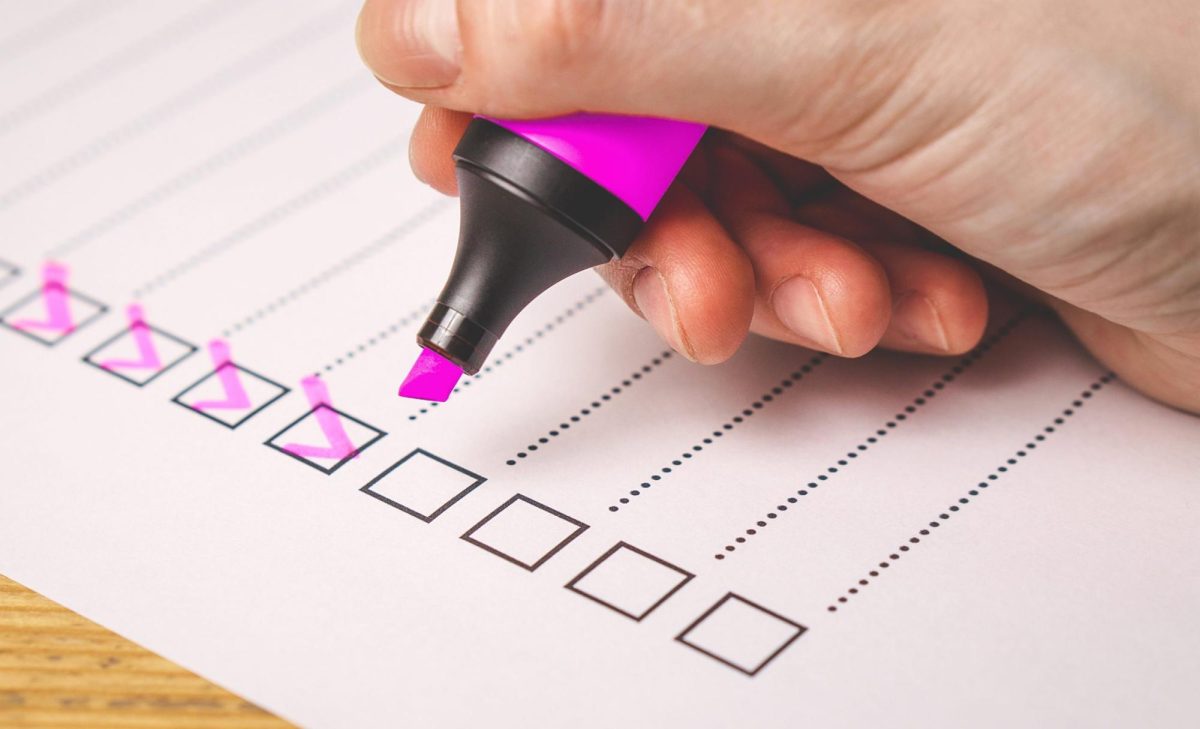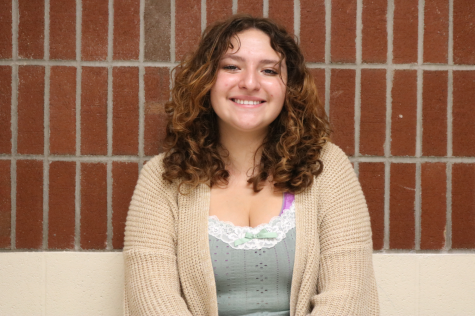When senior Tina Sharma needs a boost to get out of bed in the morning or cram for an all-nighter, she reaches for caffeine.
Senior Rayhona Anvarova starts each day with a cold shower if coffee isn’t available.
Alumni Eleanor Flinders finds that a cup of java spurs her creativity and her speed at finishing an art sketch.
What all three have in common is evident in this statistic: about 73% of adolescents consume some sort of caffeine daily, according to the National Library of Medicine.
What research also shows, however, is that the overconsumption of caffeine harms the body, mental health, and productivity.
“I drink caffeine when I need a boost,” said Sharma, “especially during all-nighters, cramming for exams, or dragging myself out of bed for school.”
C8H10N4O2 (or caffeine) is a drug that stimulates the human brain and nervous system. It binds to adenosine receptors, and adenosine is a chemical building block of DNA that is present in all living cells, responsible for metabolic processes and RNA production, according to the National Cancer Institute.
“I have a certain level of addiction to [caffeine] just based on the fact that I’ll get a headache if I don’t have enough coffee in the morning,” Computer Science Teacher Sam Mizener said. “If I drink too much coffee I’ll feel jittery and anxious.”
Caffeine is the world’s most normalized and most consumed psychoactive drug. Most consumers are unaware of its effects due to its cultural significance and background.
For some students, drinking caffeine is not part of their daily lives.
“Instead of drinking caffeine, I usually start my day with a cold shower,” said Anvarova. “It wakes me up, but on the days I don’t do it, my brain doesn’t function as quickly.”
Anvarova adds that she drinks coffee at least twice a week, but it has no impact on her day-to-day life.
People started making and drinking plain coffee in the 1500s. Currently, coffee usually contains added sugars and syrups that boost the fidgety effects of caffeine.
Cafés also serve croissants, bagels, muffins, and other foods that contain excessive carbohydrates. These foods create energy bursts that fade quickly, creating a dependency for more.
“I don’t have time to eat breakfast in the mornings,” said Sharma. “If I do eat breakfast, it’s usually a bagel and cream cheese, and it makes me feel more motivated for school.”
Additionally, caffeine can affect student productivity and performance.
“If I don’t have coffee, I’ll lazily get a sketch done, but if I’m sitting down, locked in, with my four caffeinated drinks, I’ll do a 12-hour project in one sitting,” said Flinders.
There are pros and cons to the consumption of caffeine, offering a temporary boost in alertness but also posing risks to health and dependency.
“Coffee’s just something I enjoy, it’s something I look forward to,” Mizener said, “kind of like a sweet treat.”

